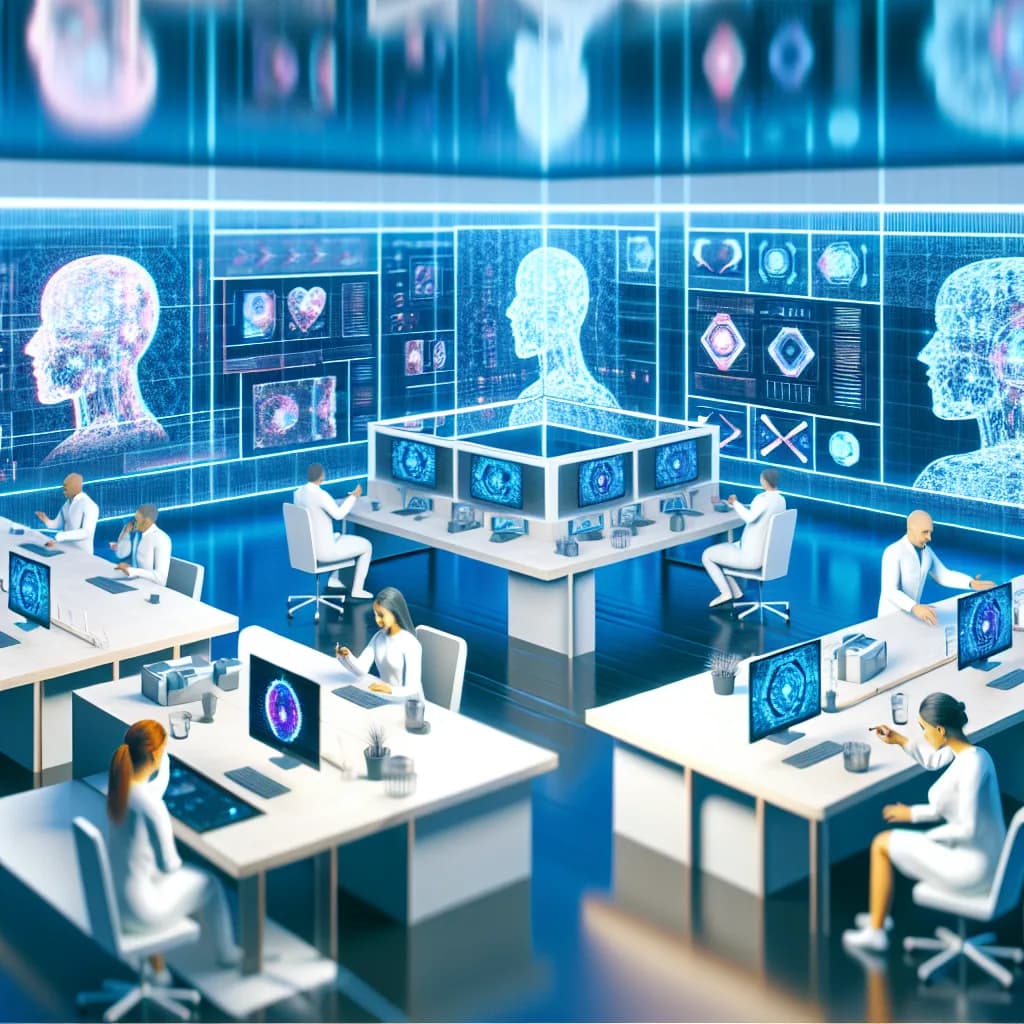
Introduction
In an era where artificial intelligence is revolutionizing every sector, a new wave of AI skeptic tools funded by industry giants is emerging, particularly in the environmental sphere. These tools, often leveraging technologies similar to ChatGPT, are being utilized to challenge and even discredit pollution research. This convergence of AI and industry interests raises significant ethical and scientific questions. In this blog post, we delve into the mechanics and implications of these AI skeptic tools, offering a nuanced perspective on their role in modern environmental research.
Understanding Industry-Funded AI Skeptic Tools
Industry-funded AI skeptic tools are AI systems specifically designed to critique and challenge scientific research on pollution. These tools use advanced natural language processing to analyze and generate counterarguments to scientific studies, often highlighting uncertainties or potential biases. The goal is to cast doubt on findings that may negatively impact the industry's interests. Such tools are typically funded by corporations with vested interests in minimizing regulatory constraints related to pollution emissions.
The Mechanics Behind AI Skeptic Tools
At the core of these skeptic tools is sophisticated language models similar to those used in ChatGPT. These models are trained on vast datasets, including scientific literature and industry reports, enabling them to construct plausible arguments. The AI's ability to process and generate language allows it to identify potential weaknesses in research methodologies and conclusions. However, the ethical implications of deploying AI in this manner cannot be overlooked, as it raises questions about the integrity of scientific discourse.
Ethical Implications and Limitations
While AI skeptic tools offer a novel approach to scrutinizing scientific research, their use raises ethical concerns. Primarily, there is a risk of undermining legitimate scientific findings, potentially delaying necessary regulatory actions. Moreover, the use of AI to support industry narratives can lead to a biased public perception of environmental issues, skewing policy-making processes. It is crucial to balance the benefits of AI-driven analysis with the need for unbiased scientific integrity.
Potential Benefits and Risks
- Benefits: These tools can enhance critical evaluation of research, exposing weaknesses and promoting more rigorous scientific standards.
- Risks: They may be used to unjustly discredit valid research, prioritizing corporate interests over environmental and public health.
Practical Applications and Real-World Examples
Several industries are already integrating AI skeptic tools into their strategic operations. For instance, the fossil fuel sector employs these tools to challenge climate change research, potentially influencing public opinion and policy decisions. In one notable example, an AI tool was used to dissect a major study linking air pollution to health issues, questioning its methodology and findings. This approach allows companies to maintain a more favorable regulatory environment, but often at the cost of scientific progress and environmental protection.
The Future of AI Skeptic Tools in Pollution Research
Looking ahead, the role of AI skeptic tools in pollution research is likely to expand as AI technology becomes more sophisticated. There is potential for these tools to contribute positively by fostering transparency and encouraging higher standards in scientific research. However, this potential can only be realized if ethical guidelines are established to prevent misuse. Collaboration between AI developers, scientists, and policymakers is essential to ensure these tools support rather than hinder environmental progress.
Conclusion
Industry-funded AI skeptic tools present both opportunities and challenges for pollution research. While they can offer valuable insights and foster scientific rigor, they also pose significant ethical risks. As AI technology continues to evolve, it is imperative to establish frameworks that ensure these tools are used responsibly, supporting a balanced and objective scientific discourse. By doing so, we can harness the power of AI to address environmental challenges effectively, while safeguarding the integrity of the scientific community.
About AI Toollens
AI Tools platform expert



